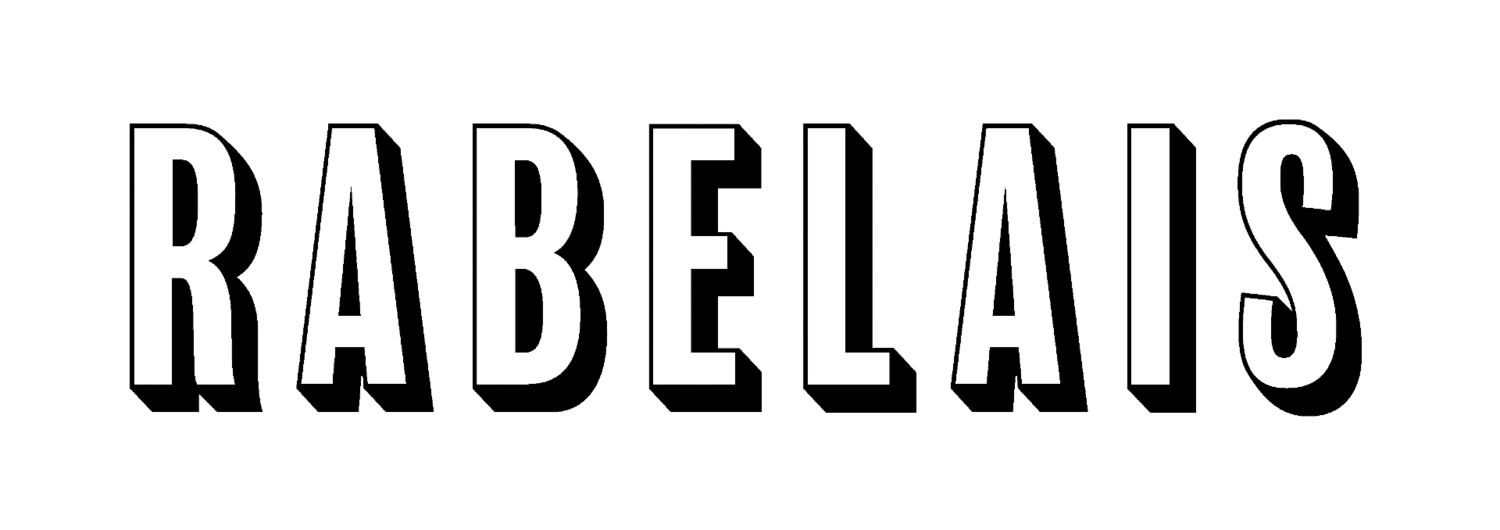Doing a PPE degree with Dyscalculia
So, I hear you ask, what the hell is Dyscalculia? Well, allow me to enlighten you!
Dyscalculia is a learning disorder associated with mathematics that impairs one’s ability to understand numbers and work out mathematical concepts. The main indicators of Dyscalculia include poor fluency in identifying numbers, inability to calculate (add or subtract) single-digit numbers, limits in working memory capacity around numbers and not knowing the magnitude and relationship of numbers, i.e. not knowing which of the two digits is larger. And lucky me, I have all these characteristics!
In 2016, I was diagnosed with Dyscalculia; I was 16 at the time and in Year 10. The diagnosis was late, but in reality, Dyscalculia is rarely diagnosed early and often goes undiagnosed. I remember the feeling I had being recognised as someone who has Dyscalculia; I was overjoyed to finally have something tangible to relate my poor ability at maths at, as I frequently failed maths tests and exams. I also felt less like a failure, as the high school I went to at the time was a very elitist public school that was more focused on academic excellence, rather than student welfare. The school favoured those students who were above average, particularly in maths, in which I was neither of those things. Moving to a new school for Year 11 and 12 was the best thing that I could do, and I focused on subjects that I was really interested in rather than forced to do maths for the sake of the school’s ATAR.
In Year 12, when it came time to choose what pathway I wanted to go down, I immediately fell in love with the idea of doing a PPE degree. I could justify the economics part of the course by getting through first year and then honing down on my main interests of politics and philosophy in second and third year. However, once at uni, I quickly learnt how much my Dyscalculia impacted me and how I approached my economics subjects. I will admit, at first I heavily relied upon group tasks to get me through, but once these group tasks finished and I was on my own, I found it much harder to navigate these subjects and my grades reflected this. I never spoke to my lecturers or tutors about my learning difficulty as I was ashamed and wondered if no one would believe me; I also questioned whether I had made the right decision in choosing this course. During my first and second year economics subjects, my best friend was the calculator, and I found choosing subjects in economics that focused more on policy development was more up my alley.
Dyscalculia specifically affects me doing economics subjects in my degree. I can’t do simple addition or subtraction in my head, and numbers on the page turn into a soup of digits that are virtually unfathomable. To describe the feeling accurately, it is like someone has switched off every light and my mind goes totally blank; it is debilitating, to say the least. Living in a world that is steeped in numbers, it is hard and embarrassing to explain to people that you are unable to comprehend even the simplest of equations. The pressure you also feel to generate an answer to peers, or to a teacher, is equally as debilitating and frustrating, especially when your head is literally empty!
I regret not informing my lecturers and tutors about my learning difficulty, as I realise now that I have nothing to be ashamed of, and my Dyscalculia is just as valid as someone with Dyslexia or other learning difficulties. I would 100% encourage other students who may suffer with Dyscalculia to talk to their lecturers and tutors about how they can best be supported. Utilising techniques that help with maths, like using fingers to count, is nothing to be ashamed of, and I wish that my younger self had not been so scared to do so, as I may have come closer to understanding the problems or equations in class.
This is my third and final year of my PPE degree, and I am proud that despite the challenges I’ve faced with Dyscalculia I have passed all of my subjects, even the ones I was sure I would fail. I am proud that I have proven to myself that success in this degree and economics is possible, albeit challenging at times! And I am very keen to graduate! My poor fluency with numbers and inability to calculate simple digits will continue to affect me in the future, but I aim to speak up about my learning difficulty whilst also raising awareness around Dyscalculia and how it impacts daily life.
